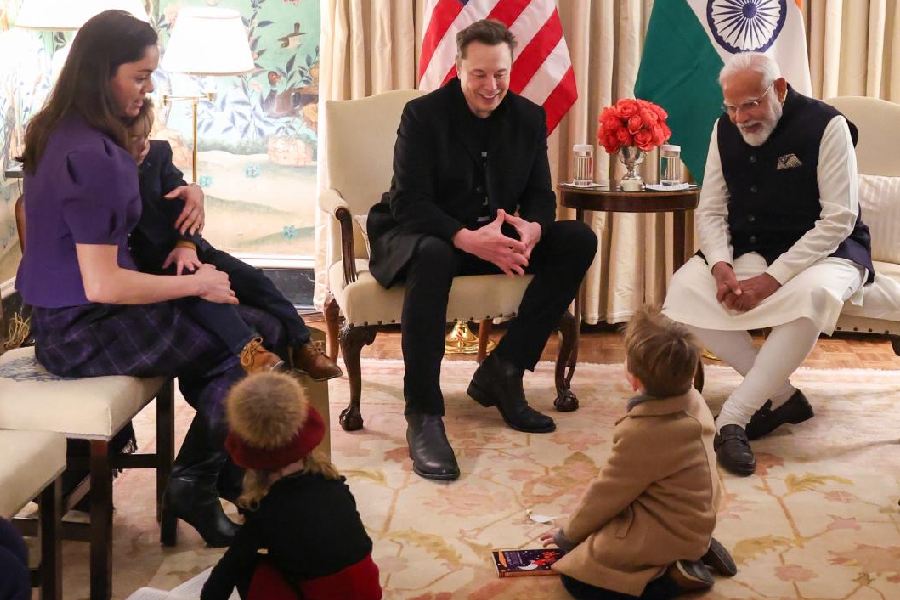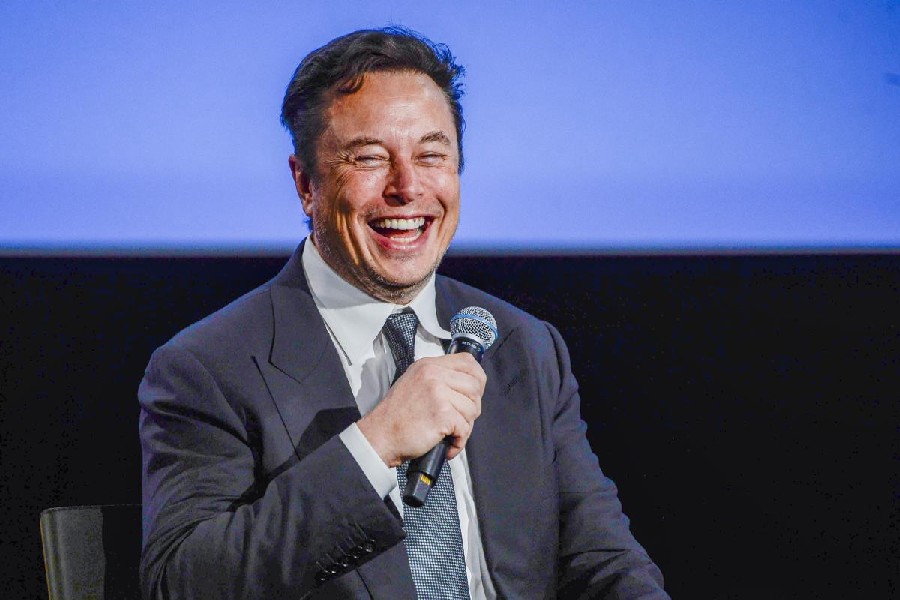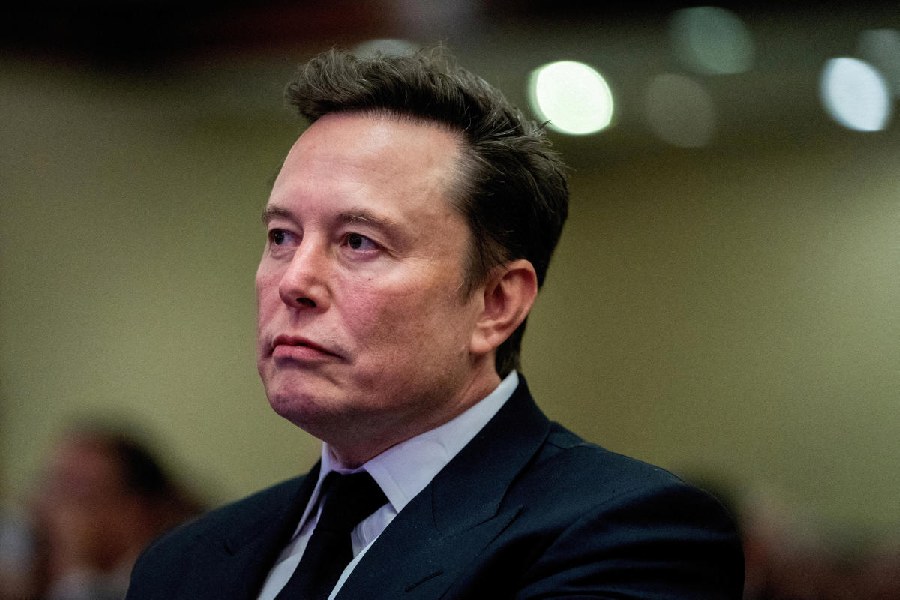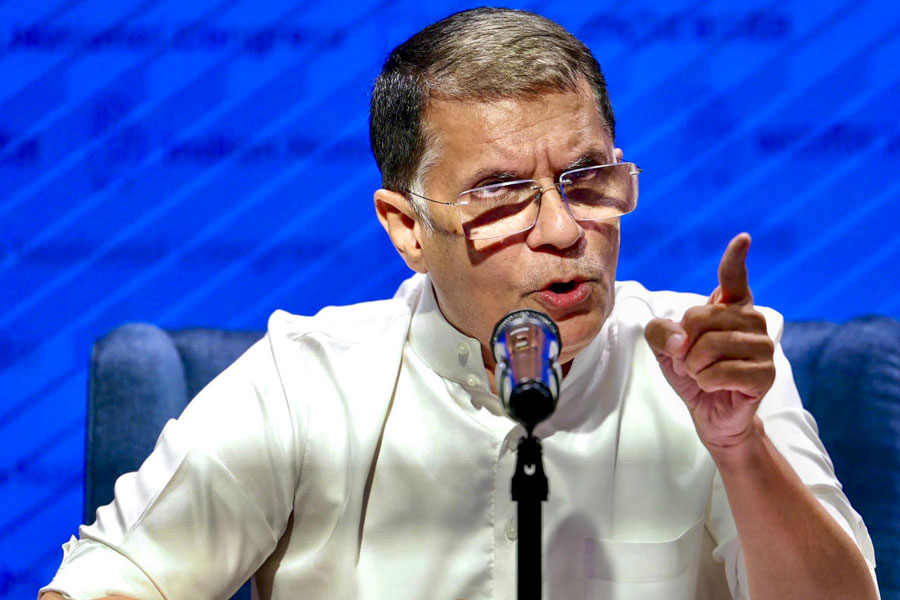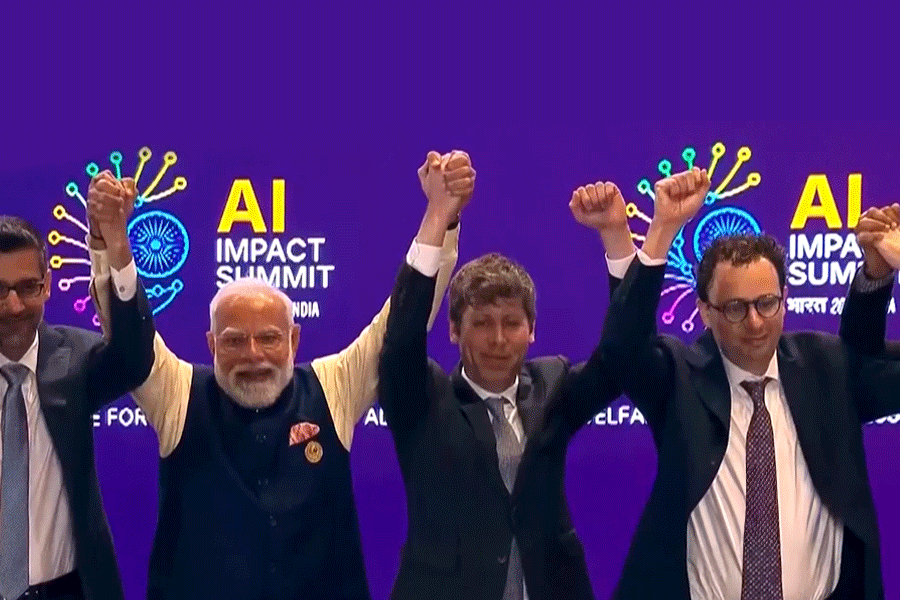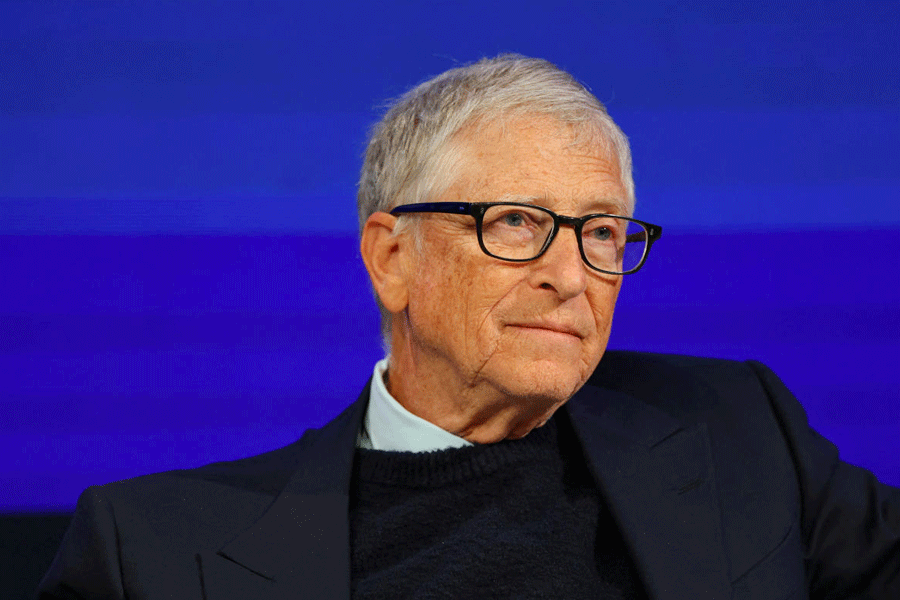Does the Way to US President Donald Trump’s Heart Run Through Elon Musk? It’s a question worth asking following a plot twist no one saw coming. After months of butting heads over India’s satellite internet spectrum, Mukesh Ambani’s Reliance Jio has done an about-face, signing a deal with Elon Musk’s SpaceX to distribute Starlink services in India. The move comes just a day after rival Bharti Airtel inked a similar deal, signalling a dramatic shift in strategy among India’s telecom titans.
It became clear almost instantly that the government must have played midwife to the two deals and offered India on a plate to the maverick billionaire who appears to be Trump’s BFF (best friend forever).
The back-to-back deals mark a major win for Musk. India’s a giant telecom market and a glittering prize for anyone in the telecom industry and Musk has been eyeing it covetously.
The government meanwhile is desperate to avoid being forced to lower equivalent tariff rates to the matching levels that the US government is demanding. The question now: Is aligning with Musk the best way to get into Trump’s good books?
Might the US ease up on its demands if Musk is allowed open access to India? That’s what the government is desperately hoping for.
There are murmurs that the government could also look at relaxing its tough controls on cryptocurrency. This again would certainly keep both Musk and Trump very happy.
For months, Ambani and Musk were locked in a high-stakes battle over how India should allocate spectrum for satellite internet. Ambani pushed for a conventional auction process, wary of Musk’s disruptive potential in India’s booming telecom sector. Musk, on the other hand, lobbied for administrative allocation, arguing it aligned with global trends.
In the end, New Delhi sided with Musk. Now, despite his earlier reservations, Ambani is opening Jio’s vast retail network to Starlink, a move that will put Musk’s products directly into thousands of Indian stores.
“Reliance Jio will not only offer Starlink equipment in its retail outlets but will establish a mechanism to support customer service installation and activation,” the Indian company said in a statement.
Analysts say the deal to get into India through collaborations represents a low-cost entry model for Starlink. Reliance Jio will also handle installation and activation, making it even easier for Starlink to establish a foothold in India where satellite connectivity is still at an early stage.
At first glance, the deal might look like Ambani is handing Musk the keys to the Indian broadband market, a sector his company has dominated for years.
But analysts describe the developments as “win-win.” They say the Indian companies – which were originally opposed to the idea of Starlink getting cheap airwaves – are no longer treating satellite broadband as a threat but as infrastructure they can lease. With Jio and Airtel linking up with Starlink, they can be important players in shaping India’s satellite internet landscape instead of being sidelined by an outsider.
What are the advantages of Musk’s satellite services? He claims to have over 7,000 satellites in orbit currently. The key advantage with satellite-based Internet service is that it doesn’t need super-costly satellite towers at short distances from each other and thus lower costs enormously.
For Musk, the stakes in India are enormous. With Starlink shut out of China and Tesla facing sluggish sales in key markets like Europe and Canada, India represents a crucial growth opportunity. While Starlink has partnered with companies in Africa and Southeast Asia, the Indian market is far more lucrative. The country’s satellite services sector is projected to grow at a staggering 36 per cent per year, reaching $1.9 billion by 2030, according to Deloitte.
It’s not clear whether Musk’s satellite service would have to pay to buy spectrum changes like Indian service providers must do. The success of the Starlink venture will hinge on costing. Indians are notoriously low-value customers with only minimal extra cash to spend.
A Starlink connection is priced as high as $120 a month in the US while in Kenya it’s $15. Starlink hasn’t announced what the prices might be. But we might get an idea of what they might be by looking at neighbouring Bhutan. There, what’s called the Residential Lite Plan costs about Rs 3,000 and the Standard Residential plan comes for about Rs 4,200. Anyone who wants the more sophisticated services like video calls and gaming will have to buy the more expensive service.
Users need a Starlink dish and router to connect with the satellite. Bangladesh and Myanmar are also planning Starlink rollouts.
Musk’s relationship with India has been rocky but that looks set to change big time. The government has dragged its feet on granting Starlink a commercial licence since 2022, citing national security concerns. Meanwhile, Starlink devices were recently seized by authorities in an armed conflict zone and a drug smuggling bust, adding to regulatory problems. But by partnering with Jio and Airtel, the two biggest players in India, Musk may finally have cleared all those hurdles.
Beyond the business implications, the deal also has geopolitical overtones. Musk has emerged as one of Trump’s most influential backers and confidants, with SpaceX and Starlink playing a critical role in US military and intelligence operations. Could Ambani’s sudden pivot be part of a bigger game to strengthen ties with the US President?
Starlink offers service in over 100 countries. But for Musk the Indian deal has added significance as Starlink is facing growing challenges to its dominance of high-speed satellite internet, including from Chinese state-backed rival SpaceSail and another internet service Project Kuiper financed by Amazon.com founder Jeff Bezos.
“The advantage with Starlink is that it benefits from SpaceX’s high rocket launch frequency and the geopolitical heft thanks to the Trump-Musk relationship,” Chaitanya Giri, Space Fellow at the Observer Research Foundation, told Reuters.
"The internet deal comes as Tesla prepares to enter India, reportedly shipping thousands of cars to the country and setting up showrooms. This follows Prime Minister Narendra Modi’s discussions with Musk in Washington last month, where they talked about technology, space, and innovation."
Given Trump’s vocal support for Musk’s venture, Ambani’s move to align with the billionaire could be more than just a business decision, it might be a strategic bet on the future of US-India relations.
The Jio-Starlink and Airtel-Starlink deals are still contingent on regulatory approval. But one thing is clear: Musk’s influence is growing worldwide. So, back to the initial question: Is the best way to Trump’s heart through Musk? If Ambani and Mittal’s sudden about-face is any indication, India looks to be betting that the answer is yes.

